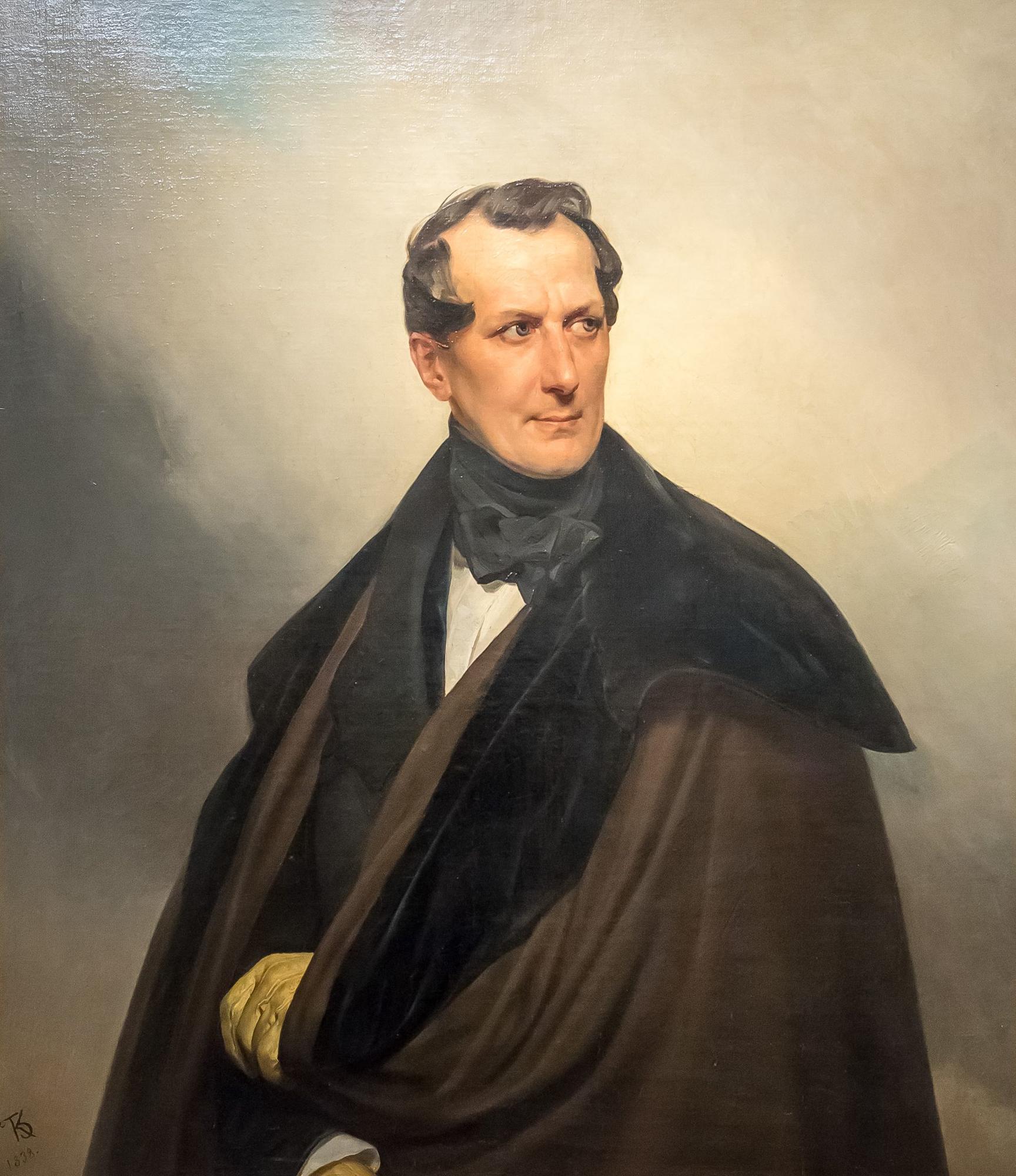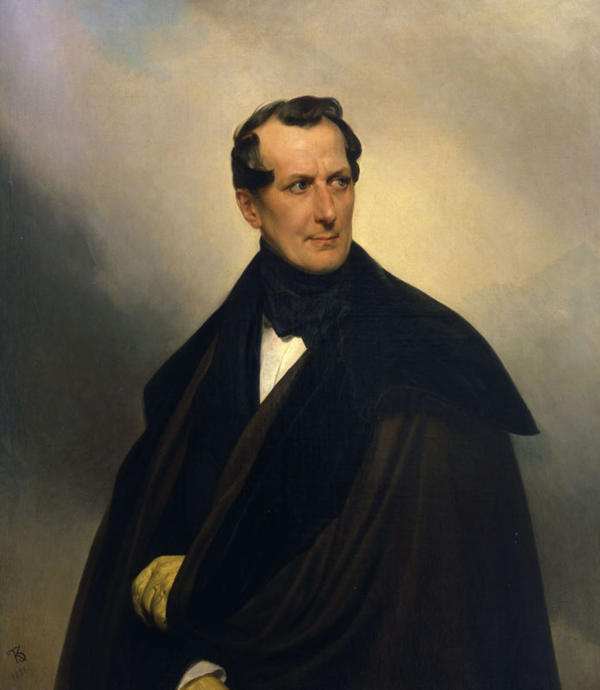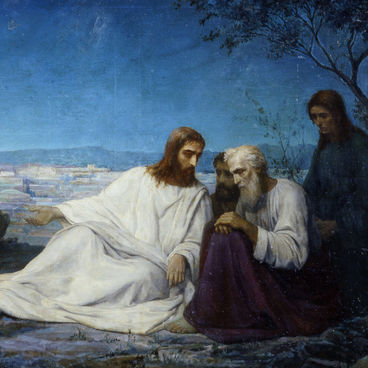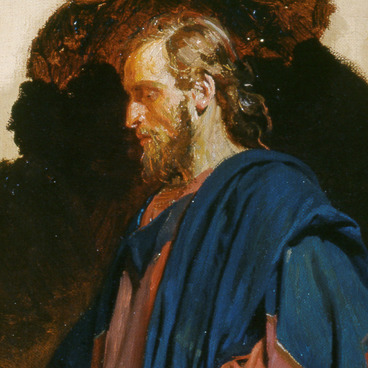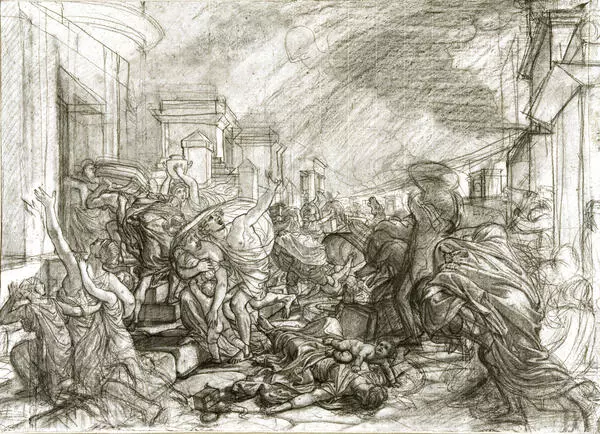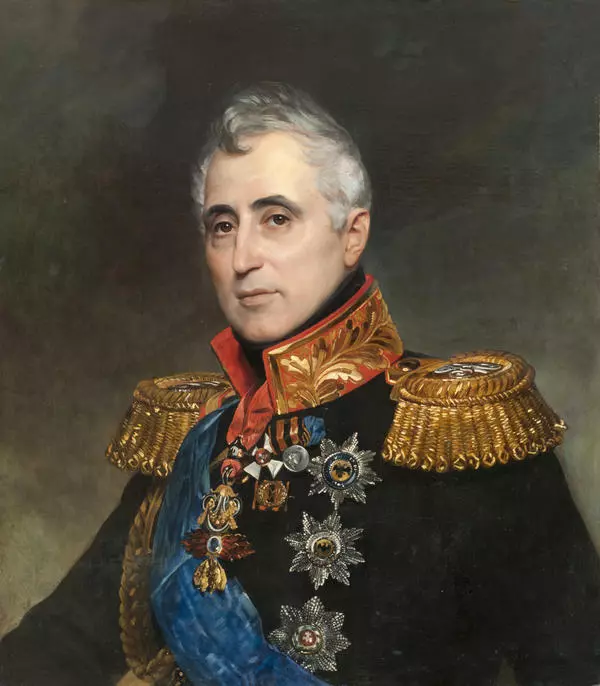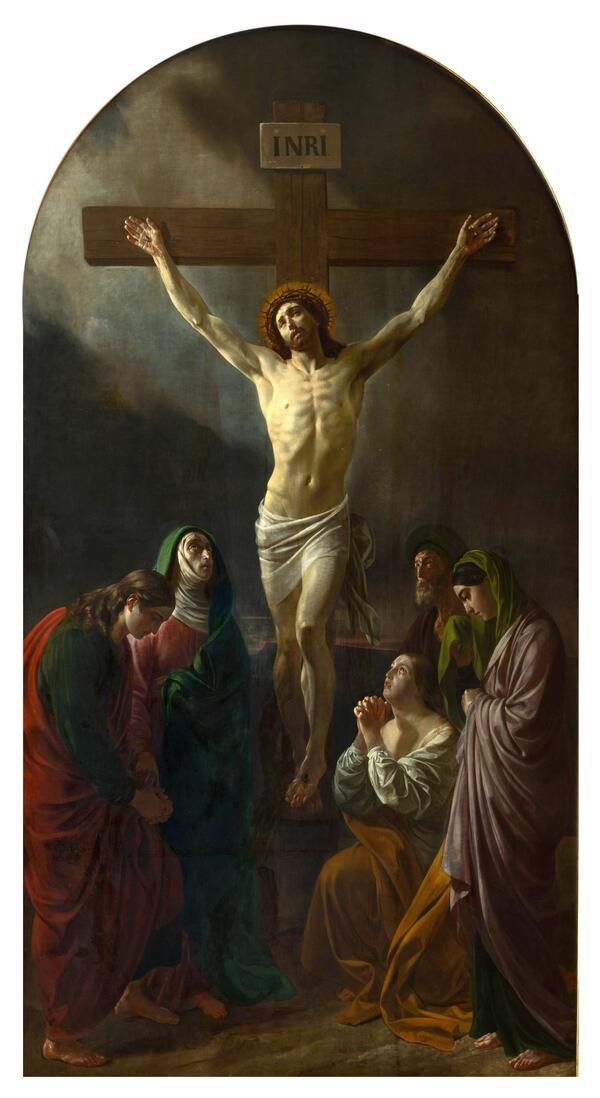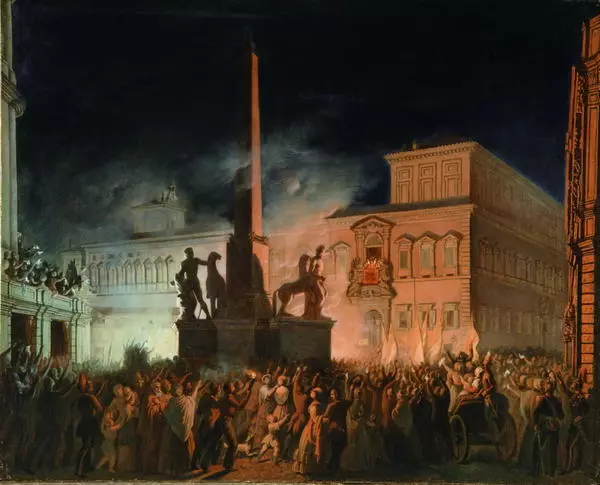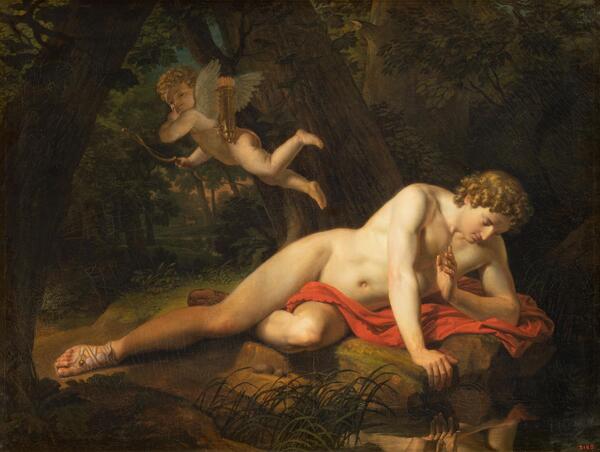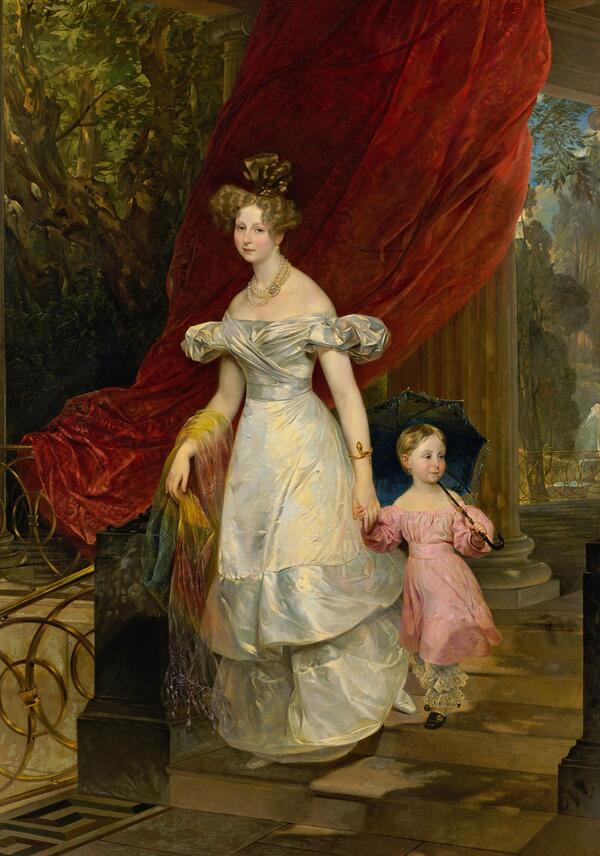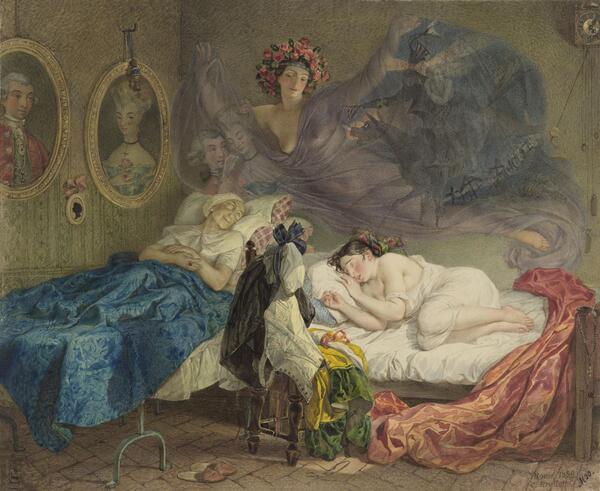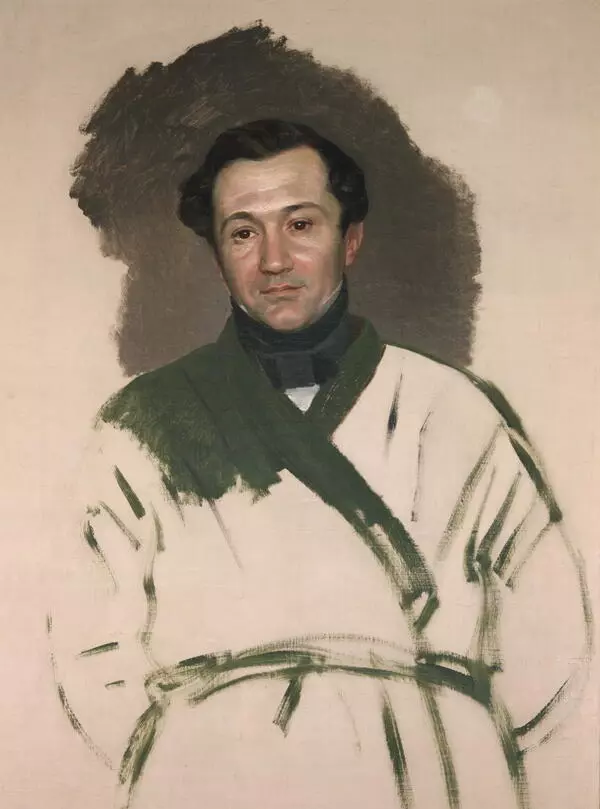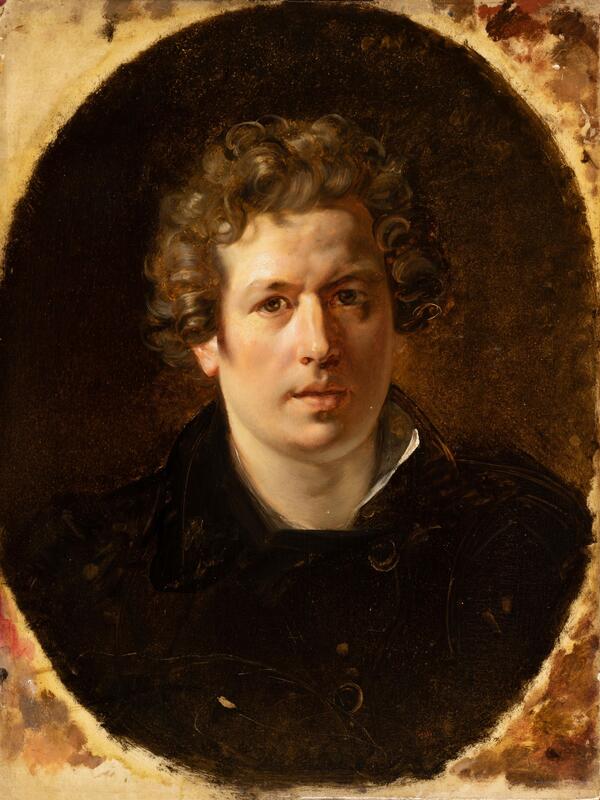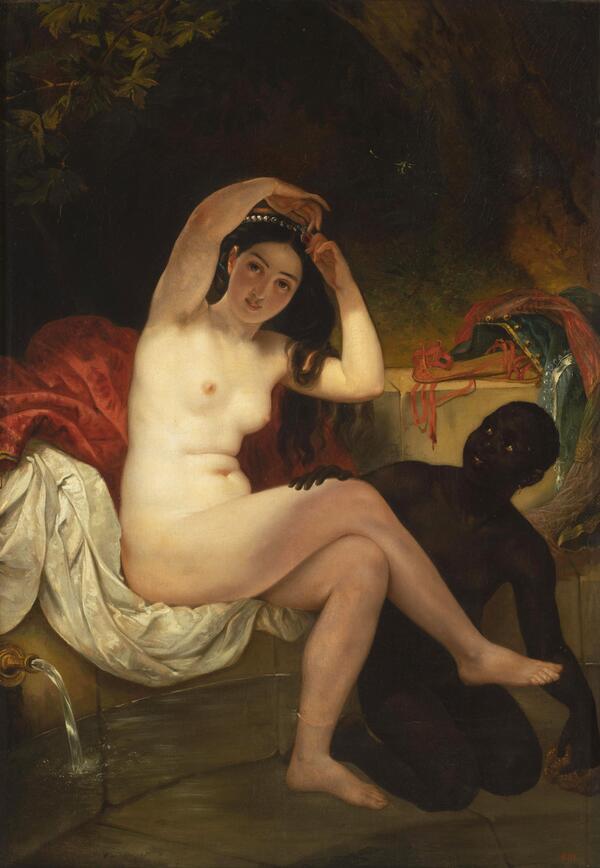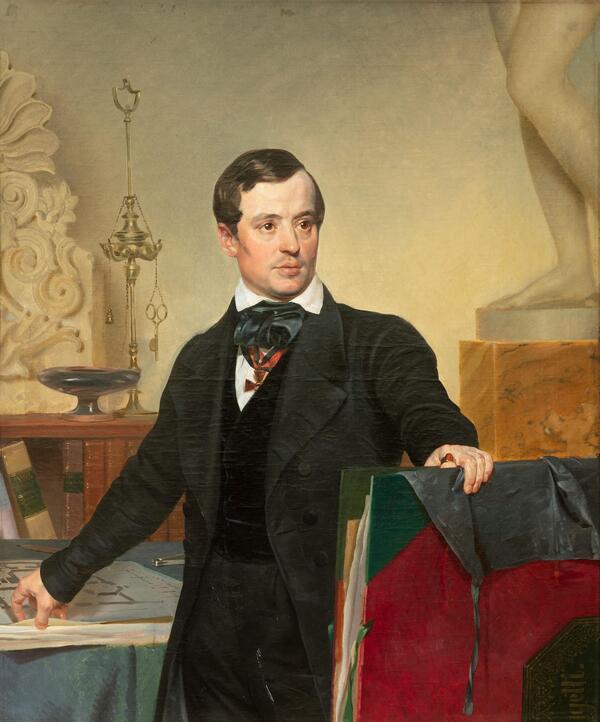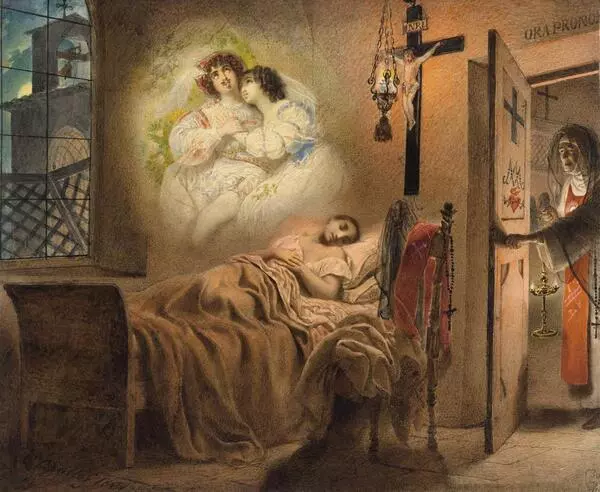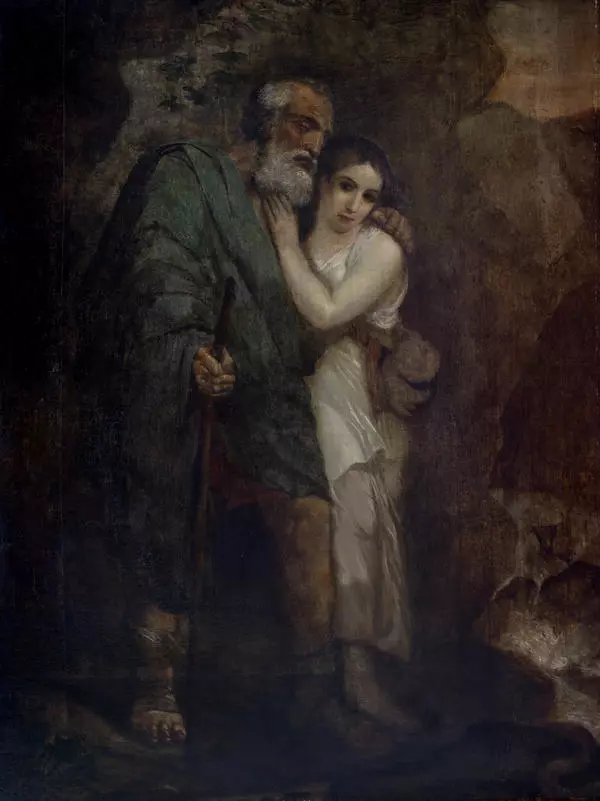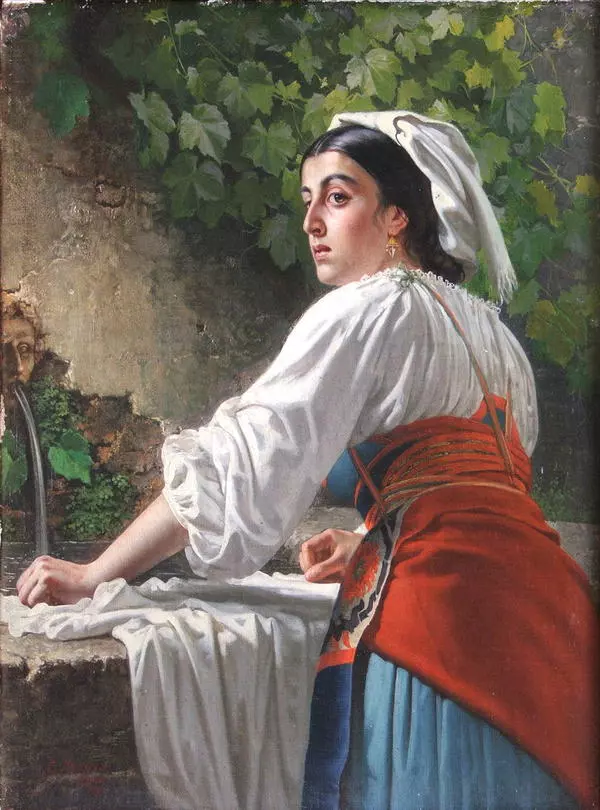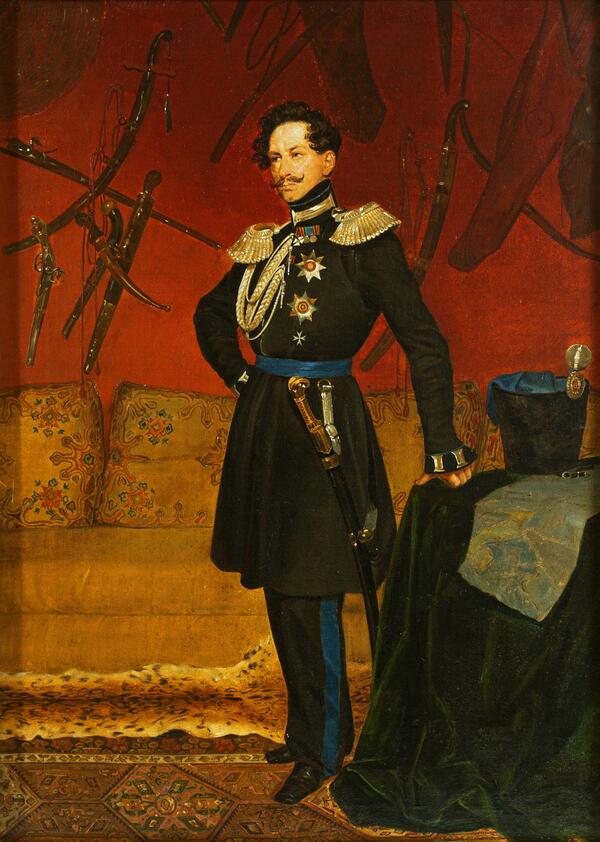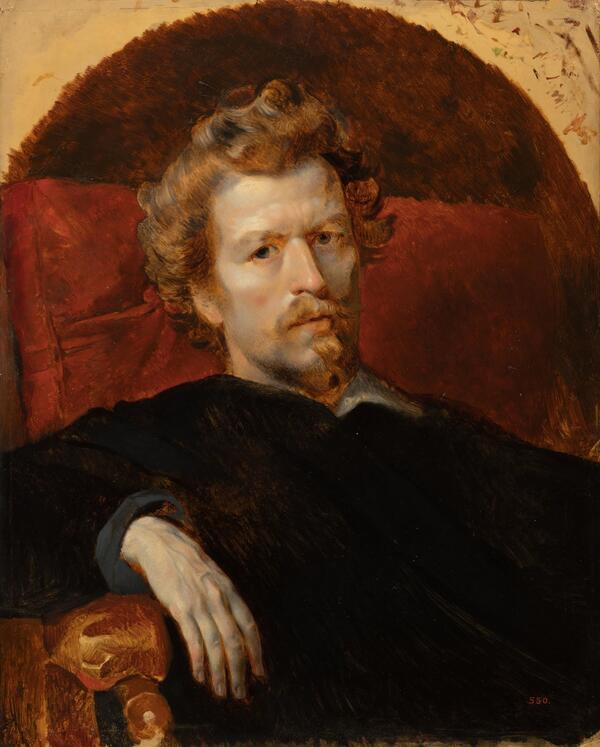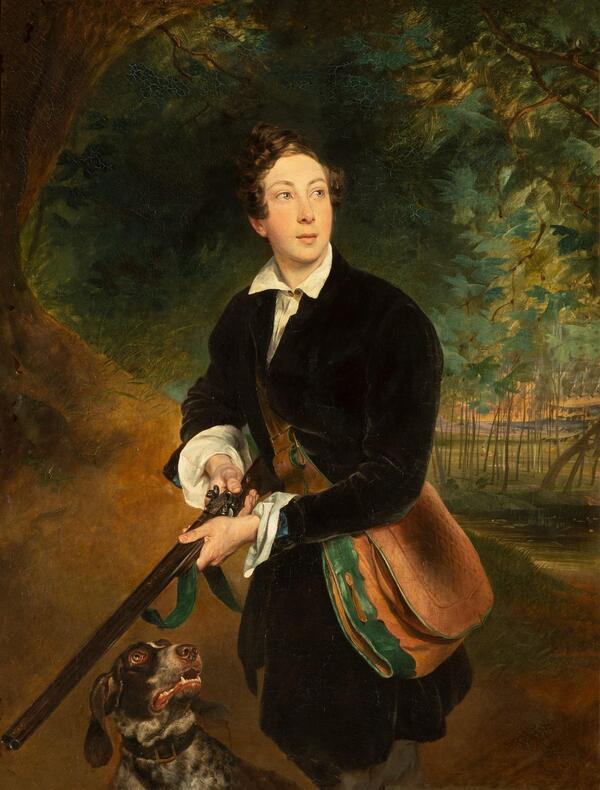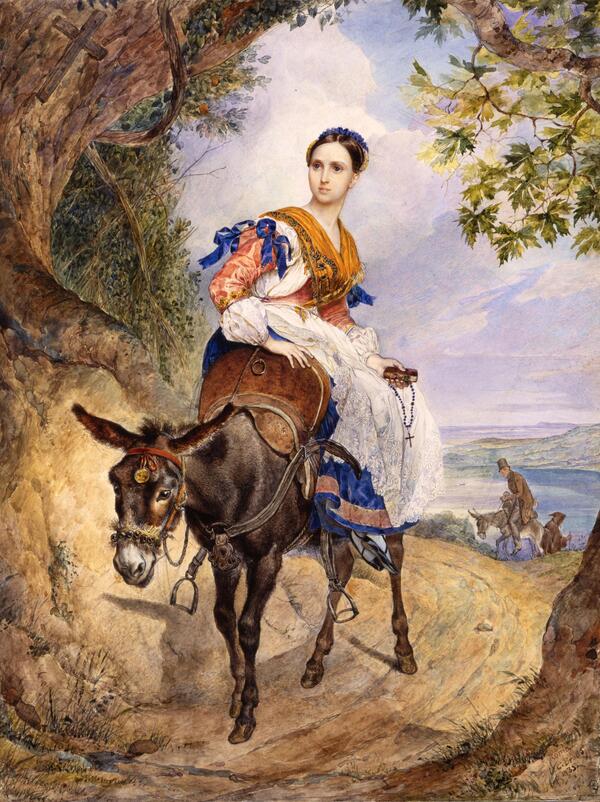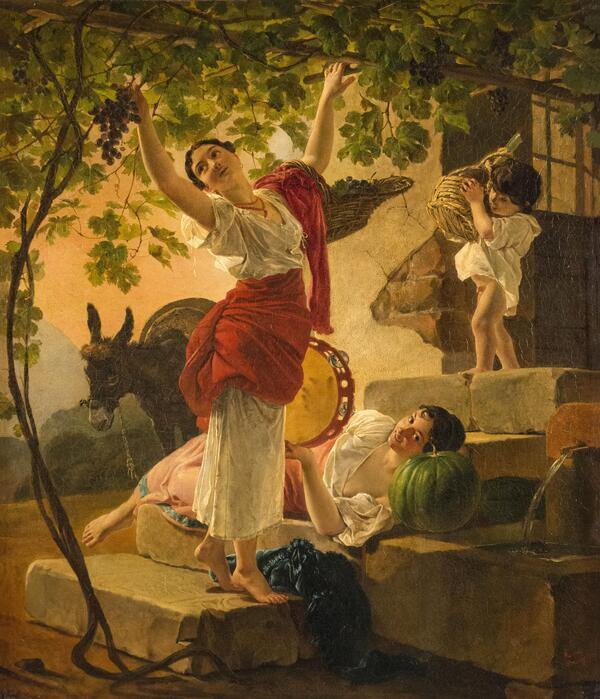Artist Karl Bryullov’s contemporaries called him Karl the Great, the master’s talent was widely recognized both in Russia and abroad. His celebrated painting The Last Day of Pompeii won the artist fame not only in Russia but also in Europe. Having received an excellent education at Petersburg Academy of Arts, he lived and worked in Italy for a long time.
Karl Bryullov created many portraits of his contemporaries. The artist’s paintings of the 1830s provide an insight into social ideals shared by Russian intellectuals of those years. The exhibition features the portrait of Count Vladimir Musin-Pushkin, who Karl Bryullov was friendly with. The artist created a romantic image bringing to the forefront his character’s personal dignity, rather than his noble title or social position. What mattered to the artist were the model’s striking temperament, energy and inner world. Bryullov sought to convey the complexity of the human psyche in his portraits. His works are distinguished by a special depth, he conveys his model’s unique character on the canvas. The artist’s best paintings are in line with the Russian psychological portrait tradition.
The image of Musin-Pushkin reveals features characteristic of romanticism. His figure towers proudly against the stormy sky signifying his unbending spirit. The environment around the character is uncertain, it feels as if he is standing at an elevation, beyond which is an abyss. The dramatic effect of the portrait is achieved through the proud pose, in which Musin-Pushkin is portrayed. A sharp turn of the head and eloquent eyes convey the model’s implicit energy and internal stress. The count is lost in painful thought: he knows what struggle, frustration and emotional conflicts are.
Count Vladimir Musin-Pushkin belonged to a noble family. He graduated from the Page Corps, a prestigious educational institution in St. Petersburg. The count served in the Life Guards Izmailovsky Regiment. He was a member of the Decembrists’ Northern Society that raised a revolt in 1825. For his affiliation with the Decembrists, Musin-Pushkin was imprisoned in Peter and Paul Fortress for several months and then transferred from the elite guards unit to an army regiment.
